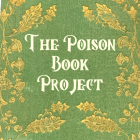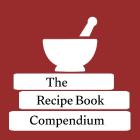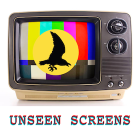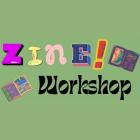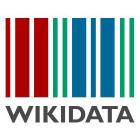
The P21 Problem: Proposing a More Ethical Best Practice for Sex and Gender in Wikidata
P21 is a metadata property field used in Wikidata to record the sex or gender of living and non-living humans, animals, and fictional characters. This field conflates sex, gender identity, and gender modality, and may violate the consent and privacy of living people. There is no consensus or established guidelines for its use. My report proposes a set of more ethical best practices for using P21, as well as an implementation plan and set of use cases for this plan for using P21 for living people. This report aids in harm mitigation caused by Wikidata editors who misgender living people.

